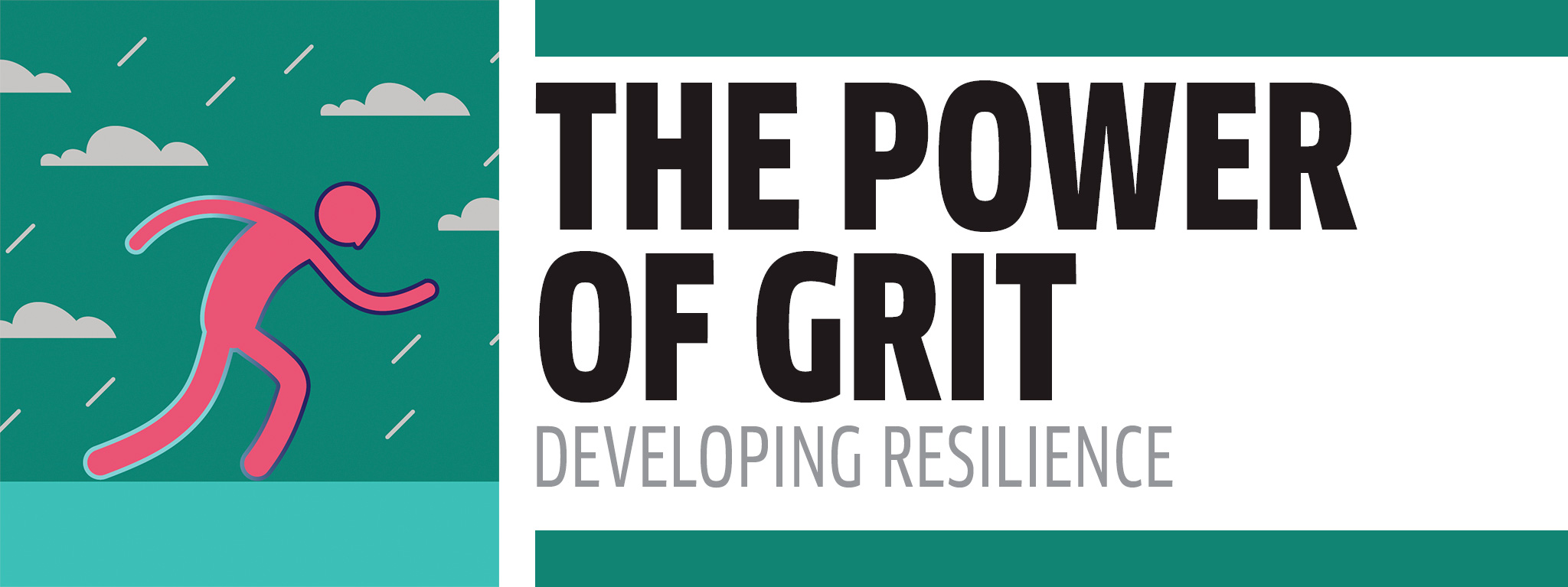
There will be days when we’re tired and discouraged, and at such times it’s a challenge to follow through on what we have committed to do. Achievement is a blend of short-term and long-term decisions and actions.
Have you ever heard someone described as having “grit”? It’s a colloquial phrase, but it’s also a concept that psychologists have found to be linked to the way that some people sustain their effort over time, even when obstacles slow them down.
The science of sticking to it
What is resilience? Psychologist Carol Dweck, pioneer of the “growth mindset”, describes it as any constructive response, be it in behavior, attitude, or emotion, to a challenge. Resilient people are confronted by obstacles the same as everyone else, but they see the situation as a challenge, not as a defeat, and become aware of what they could do differently next time. In a 2002 study a team of researchers (correctly) told undergraduate students at Stanford University that the brain is malleable and develops new connections when presented with fresh challenges. These students went on to significantly outperform their peers, who had been told that intelligence is fixed by early childhood and cannot be expanded.
Dweck suggests that a view of yourself as able to develop and learn tends to make people better able to survive social embarrassment, manage conflict, get the help they need, and master new things. If you encounter misfortune, don’t forget that the experience has given you an opportunity to discover something new about yourself or the situation itself. No matter what happens, finding ways to adapt and maintain your confidence is essential for success.
Finding your grit
A major researcher in the area of “grit” is American psychologist Angela Lee Duckworth. The qualities she studies are partly about staying on your path despite setbacks, and resisting distractions: adaptability is good, but if you change your interests so often that nothing gets finished, you’re not really advancing. As she observes, you may need to be flexible, but “you also have to be good at something.” That something needs to be a “long-term passion” to be rewarding; if you find it, your focus will keep you motivated.
To stay resilient, you need a positive mindset (“I can learn, I can improve”) combined with a clear, long-term goal. Focus on something you care about, and then your quest to gather more knowledge about what you find most interesting will contribute to your success.
 The Cabbie’s Day
The Cabbie’s Day
Angela Lee Duckworth, author of Grit, found that taxi drivers tend to drive least on the most profitable days. People take more cabs when it rains, but cabbies usually go home early on rainy days. This is because they’ve picked up more fares, made their usual day’s earnings, and decided to call it quits. If you’re aiming for something big, look out for the “rainy” periods: those are the times to power forward, not take your foot off the pedal.
“What I Did” versus “What I Am”
People who bounce back are able to take responsibility, but they don’t take disappointments to heart. Consider these two different attitudes:

